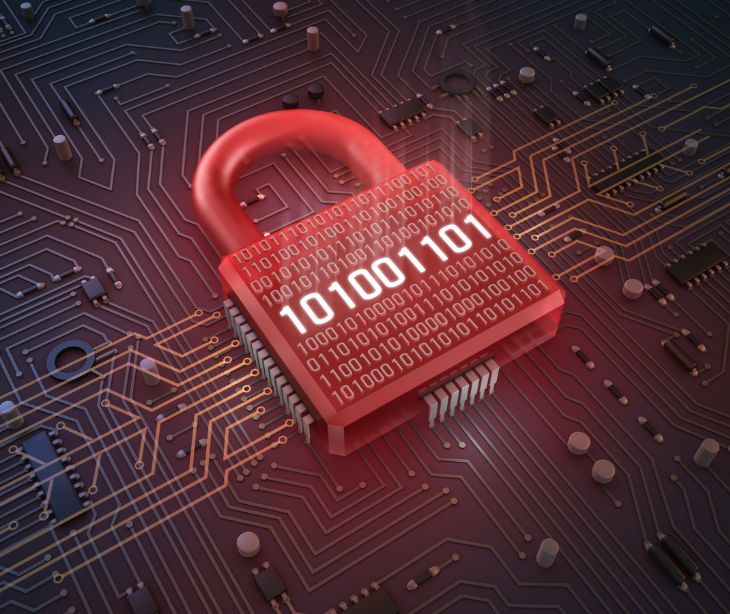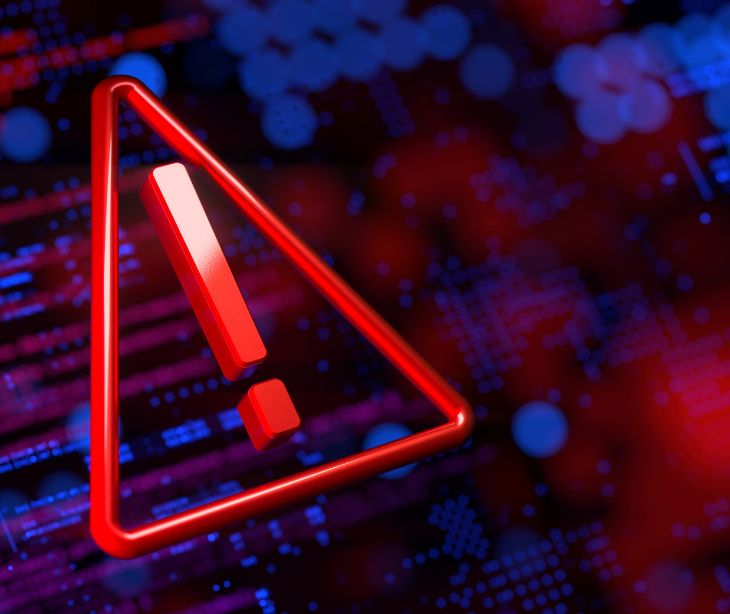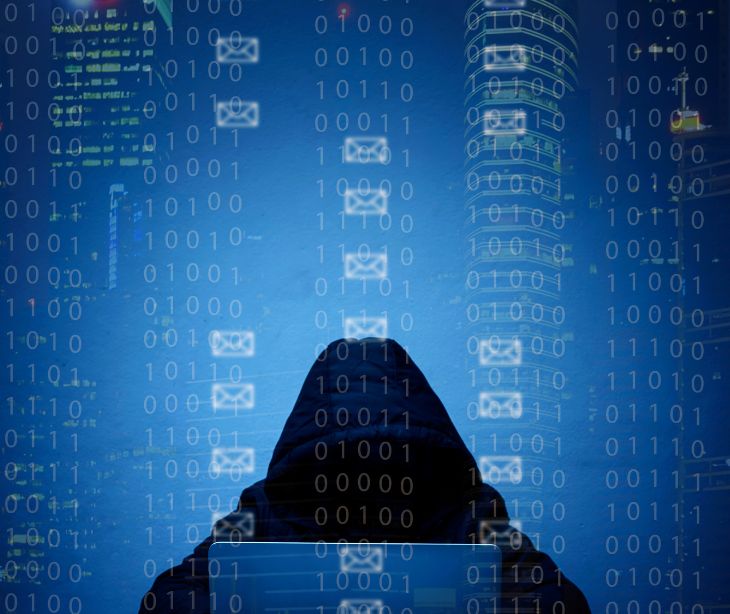3 min read
Does HIPAA compliance help guard against ransomware attacks?
Kirsten Peremore
September 7, 2023

By adhering to HIPAA compliance, healthcare entities create a proactive security posture that helps prevent ransomware attacks and ensures they can respond efficiently.
What are ransomware attacks?
Ransomware attacks are malicious cyber threats in which hackers employ malware to encrypt a victim's data, rendering it inaccessible. These attacks often begin with unsuspecting users clicking malicious links or downloading infected email attachments.
Ransomware can cause significant disruptions to businesses and organizations, including healthcare entities, by denying access to critical information. In some cases, ransomware may not only encrypt data but also exfiltrate or destroy it.
Ransomware attacks exploit technical vulnerabilities and human behavior, making them a serious cybersecurity concern, and healthcare organizations are particularly attractive targets due to the sensitive nature of patient data.
See also: What is ransomware and how to protect against it
How does HIPAA compliance protect against ransomware?
HIPAA addresses ransomware in its guidelines for safeguarding protected health information (PHI). HIPAA Security Rule mandates that healthcare organizations and their business associates implement security measures to protect against cyber attacks, including ransomware. These measures include conducting risk assessments to identify and mitigate threats to PHI, implementing procedures to detect malicious software, training staff on recognizing and reporting malware, and implementing access controls to limit PHI access to authorized personnel or software programs.
By adhering to the Security Rule, organizations create a secure cybersecurity framework that addresses potential vulnerabilities and enhances their ability to respond to ransomware attacks. Furthermore, HIPAA compliance encourages organizations to continually update and strengthen their security measures beyond the minimum requirements. This proactive approach helps prevent ransomware attacks and enables healthcare entities to recover in the event of a cyber incident.
See also: Report reveals ransomware attacks reached record high in July
How do ransomware attacks affect healthcare organizations?
- Data encryption and inaccessibility: Ransomware encrypts critical patient data and medical records, rendering them inaccessible to healthcare staff. This disruption can paralyze medical operations, leading to delays in patient care and treatment.
- Patient safety concerns: With medical records and systems locked by ransomware, healthcare professionals may struggle to access patient information, medication records, and treatment plans. This can pose a severe risk to patient safety and care quality.
- Operational disruption: Ransomware attacks can disrupt the daily operations of healthcare organizations, including appointment scheduling, billing, and communication. This disruption can lead to financial losses and hinder the delivery of healthcare services.
- Patient notification: Healthcare organizations must often notify affected patients and regulatory authorities about data breaches resulting from ransomware attacks. These notifications can further erode trust and require significant administrative efforts.
- Ransom payments: Some healthcare organizations may opt to pay the ransom to regain access to their data quickly. While this may provide a short-term solution, it encourages cybercriminals to continue targeting healthcare entities. It does not guarantee the safe recovery of data.
- Supply chain impact: Ransomware attacks may affect the targeted healthcare organization and its supply chain, including vendors and business associates. This can disrupt the flow of goods and services critical to patient care.
HIPAA and ransomware attacks
Preventing ransomware attacks
- Risk analysis and management: Covered entities and business associates must conduct a risk analysis to identify vulnerabilities and threats to electronic protected health information (ePHI) and implement security measures to mitigate these risks. This process helps identify potential malware entry points and weaknesses in the security infrastructure.
- Security awareness and training: Organizations must provide security awareness training to staff members to help them recognize and respond to security threats, including malware. Educated staff are more likely to identify phishing attempts and other malware delivery methods.
- Access controls: Covered entities and business associates must implement access controls to ensure that only authorized individuals or software programs can access ePHI. This limits the potential entry points for malware.
- Integrity controls: Organizations are required to implement mechanisms to verify that ePHI has not been altered or destroyed in an unauthorized manner. This helps in detecting and preventing malware-induced changes to data integrity.
Recovery from ransomware attacks
- Contingency Plan: HIPAA requires the establishment of contingency plans, including disaster recovery planning. These plans cover the recovery process and help organizations resume normal operations after a ransomware incident.
- Data Backup Plan: HIPAA mandates that covered entities and business associates maintain a data backup plan as part of their contingency plans. This requirement is necessary for recovery from ransomware attacks, as it ensures that critical data can be restored from backups in case of data encryption or loss.
- Security Incident Procedures: Organizations must develop and implement security incident procedures, which include processes for responding to and recovering from security incidents such as ransomware attacks. These procedures guide the recovery process and help in restoring normal operations.
- Audit Controls: Audit controls record and examine system activity, which is vital for investigating and assessing the impact of a ransomware attack. This information assists in the recovery process and identifying areas for improvement.
Subscribe to Paubox Weekly
Every Friday we bring you the most important news from Paubox. Our aim is to make you smarter, faster.




